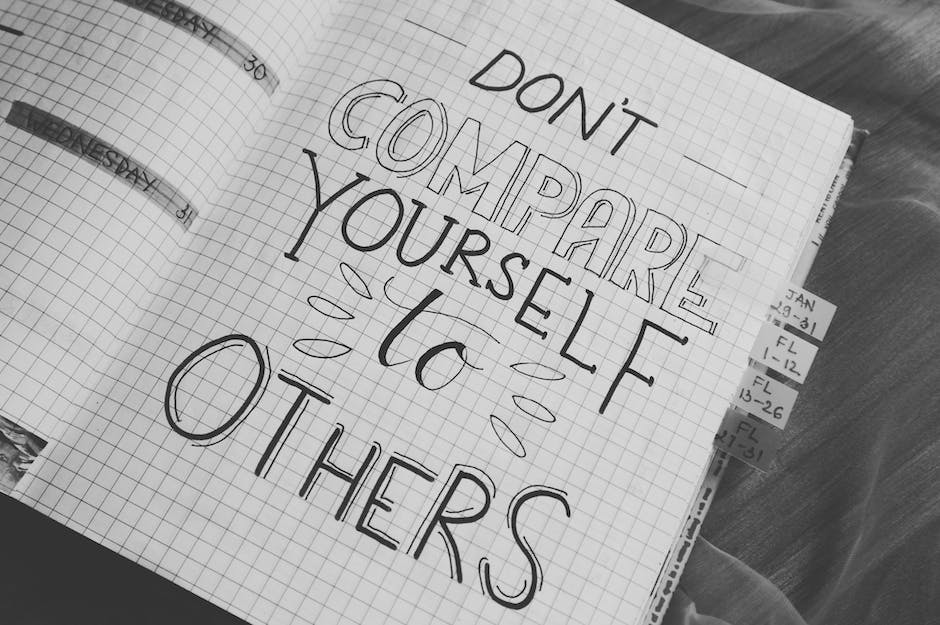Negative impact on mental health
The negative impact of modern technology on mental health has become a growing concern in recent years. As technology continues to advance at a rapid pace, more and more people are finding themselves struggling with various mental health issues as a result. One of the biggest culprits is social media, where individuals often compare their lives to the carefully curated and filtered versions of others, leading to feelings of inadequacy, anxiety, and depression. Moreover, the constant use of smartphones and other devices has been linked to a decline in overall mental well-being.
The constant bombardment of information and the pressure to always be available can lead to heightened stress levels and an inability to truly disconnect and relax. This, in turn, can have a detrimental effect on one's mental state. Furthermore, the rise of cyberbullying and online harassment has also taken a toll on the mental health of many individuals, especially among young people. The anonymity provided by the internet has empowered individuals to engage in hurtful behavior towards others, leading to feelings of fear, anxiety, and depression among those targeted.
In addition to social media and online interactions, the excessive use of technology has been linked to poor sleep quality, decreased physical activity, and a sedentary lifestyle, all of which can contribute to feelings of lethargy and mental fatigue. In conclusion, while modern technology has undoubtedly brought about numerous advancements and conveniences, it is crucial to acknowledge and address its negative impact on mental health. Striking a balance and being mindful of our technology usage is key to preserving and prioritizing our well-being in an increasingly digital world.
See also instagram olivia dunne
Promotes unrealistic beauty standards
The portrayal of beauty in today's media often promotes unrealistic and unattainable standards. The images of flawless models and celebrities with "perfect" bodies and features can have detrimental effects on individuals' self-esteem and body image. This constant exposure to an idealized version of beauty can lead to feelings of inadequacy and dissatisfaction with one's own appearance. Moreover, the excessive use of photo editing and digital manipulation further perpetuates these unrealistic standards, creating a warped sense of beauty.
As a result, many individuals, especially young people, may feel pressure to conform to these standards, leading to harmful behaviors such as extreme dieting, excessive exercise, and even undergoing risky cosmetic procedures. The obsession with achieving the unattainable beauty ideals depicted in the media can also take a toll on mental health, contributing to anxiety, depression, and eating disorders. It is crucial to recognize the damaging impact of these unrealistic beauty standards and to actively work towards promoting a more inclusive and diverse definition of beauty.
By featuring a wider range of body types, skin tones, and physical attributes in media and advertising, we can help challenge the existing norms and celebrate the uniqueness of individuals. Additionally, emphasizing inner qualities, talents, and accomplishments over outward appearance can help shift the focus away from superficial beauty standards. Ultimately, by acknowledging the harmful effects of perpetuating unrealistic beauty standards and taking steps to promote a more authentic and inclusive representation of beauty, we can contribute to a healthier and more positive self-image for individuals across the globe.
See also united kingdom instagram
Privacy concerns and data usage
In today's digital age, privacy concerns and data usage have become increasingly important topics for individuals, businesses, and governments. With the rapid advancement of technology, personal data is being collected, stored, and utilized on a scale never seen before. This has raised significant concerns about how this data is being used, who has access to it, and what measures are in place to protect individuals' privacy. One of the main issues surrounding data usage is the lack of transparency in how companies and organizations collect and use personal information.
Many internet users are often unaware of the extent to which their data is being tracked and utilized for targeted advertising, personalized recommendations, and other purposes. This lack of transparency has led to calls for more stringent regulations and oversight to ensure that individuals have more control over their own data. Another concern is the potential for data breaches and cyber attacks, which can have serious implications for individuals and organizations alike. The unauthorized access to sensitive personal information can lead to identity theft, financial fraud, and other forms of exploitation.
As a result, there is a growing demand for better data security measures and more robust safeguards to protect against potential breaches. Furthermore, the widespread collection of personal data raises ethical questions about the boundaries of surveillance and the impact on personal freedom. The use of data for social credit systems, predictive policing, and other forms of algorithmic decision-making has sparked debates about the risks of discrimination and the erosion of privacy rights. In conclusion, the concerns surrounding privacy and data usage are complex and multifaceted.
While the benefits of data-driven technologies are undeniable, it is crucial to address the ethical, legal, and technical challenges to ensure that individuals' privacy and data rights are protected. As technology continues to evolve, finding the right balance between innovation and privacy will be a critical ongoing challenge.
See also who viewed my instagram profile
